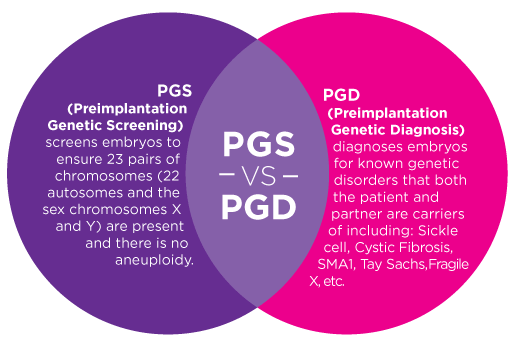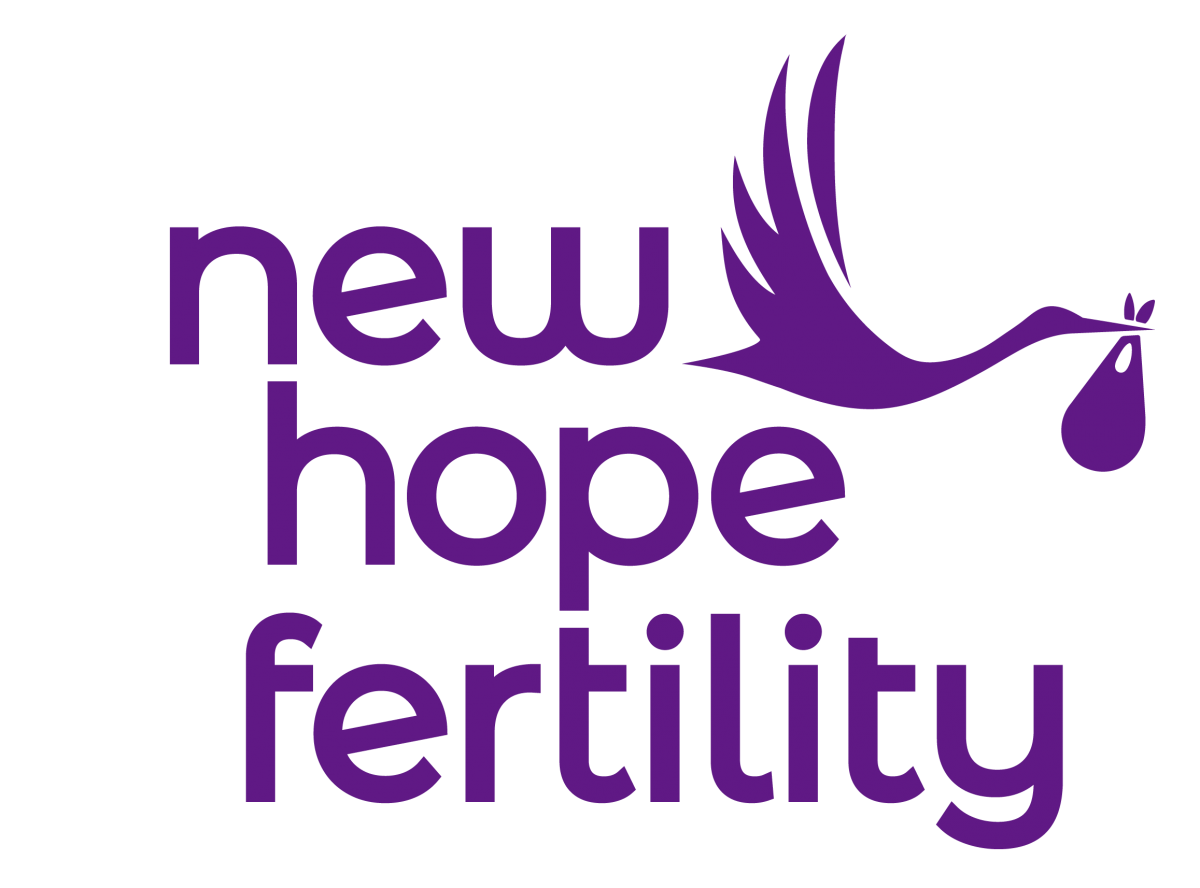Genetic Testing
GENETIC TESTING
If you or your partner have experience with genetic disorders in your family or simply need the security that comes from utilizing the best resources available, it is important to consider the use of genetic testing during your treatment. Not only does this state-of-the-art technology make IVF safer, as we are reducing the risk of pregnancy loss, but it also reduces the chance (and cost) of multiple cycles since we may ensure transfer of only the healthiest embryos. Genetic tests are performed on embryos to ensure the health of the chromosomes. Normally, there are 23 PAIRS of chromosomes. The first 22 pairs are same in men and women (also called Autosomes) and the last pair determines sex (also called Sex Chromosomes): XX is a female and XY is a male.
The availability of genetic testing also allows our center to highlight the benefits of our “less is more” philosophy, which focuses on single embryo transfers to reduce the chance of multiple pregnancies. Transferring multiple embryos and resulting multiple pregnancies/births are stressful on the uterine environment, significantly decreasing the chance of a healthy pregnancy and increasing the chance of premature births.
THE DIFFERENCE BETWEEN PGT-M AND PGT-A
It is common for patients to ask about the difference between PGT-M (formerly known as PGD) and PGT-A (formerly known as PGS). The difference is significant and yet subtle. The purpose of PGT-M is to diagnose abnormal embryos to ensure that they are not transferred back into your uterus and improve your chances of having a healthy baby. PGT-M can only be run if you know that you or your partner are carriers of a genetic disorder. A special probe will be created to test for the specific disorder(s) that a couple is known to have. PGT-A on the other hand will screen for and identify unknown chromosomal abnormalities. This is better for patients who have a history of miscarriages or failed IVF cycles due to unknown circumstances. Most of our patients undergo PGT-A or Preimplantation Genetic Testing for Aneuploidies, but be sure to ask which one is right for you.

IS GENETIC TESTING SAFE?
Genetic testing is very safe for both you and your embryos. We are not making “designer babies”, so there are no ethical issues to worry about. Some couples are concerned that the procedure will affect their chances of pregnancy, or more importantly, the health of their embryo. Because the procedure is done so early in the developmental process, at a time when cells from the embryo can potentially be removed, our genetic testing does not cause any harm to the developing embryo. Genetic testing is a vital resource for many couples, especially those with known family histories of genetic defects.
WHAT CAN YOU TEST FOR?
PGT-M/PGT-A/NGS can offer genetic screening for numerous diseases and disorders classified as either chromosomal disorders, single gene defects, or sex-linked disorders. Specific chromosomes are tested for specific disorders, including (but not limited to):
- Chromosome 13: Breast and ovarian cancers, deafness, Wilson Disease
- Chromosome 15: Marfan Syndrome, Tay-Sachs Disease
- Chromosome 16: Polycystic kidney disease, Alpha thalassemia
- Chromosome 17: Charcot-Marie-Tooth Disease
- Chromosome 18: Niemann-Pick Disease, pancreatic cancer
- Chromosome 21: Down Syndrome
- Chromosome X: Duchenne muscular dystrophy (DMD), Turner’s Syndrome, and Fragile X Syndrome
- Chromosome Y: Acute myeloid leukemia
*PLEASE ASK OUR STAFF WHICH TESTS ARE RECOMMENDED FOR YOU*
New Hope Fertility embryologists can also test for X-linked diseases, which only affect males, (e.g. Hemophilia A, Adrenoleukodystrophy, Hunter’s disease) by identifying the sex of embryos and transferring only female embryos. We also offer PGT-M for single gene defects such as Cystic Fibrosis (CF), the common deletion (^F508), Spinal Muscular Atrophy (SMA), and Myotonic Dystrophy (DM).
NHFC also performs aneuploidy screening and chromosome translocations to detect abnormalities that may cause spontaneous abortions in early pregnancy. We can perform PGT-M for all single gene defects where the specific mutation is identified and as long as we can develop a special genetic probe for the disease.
Our NYC fertility center was ranked among the top fertility clinics in New York by live birth rate from frozen embryos according to recent SART data. Forbes lists New Hope Fertility Center as one of the largest fertility centers in the US by cycle volume.
